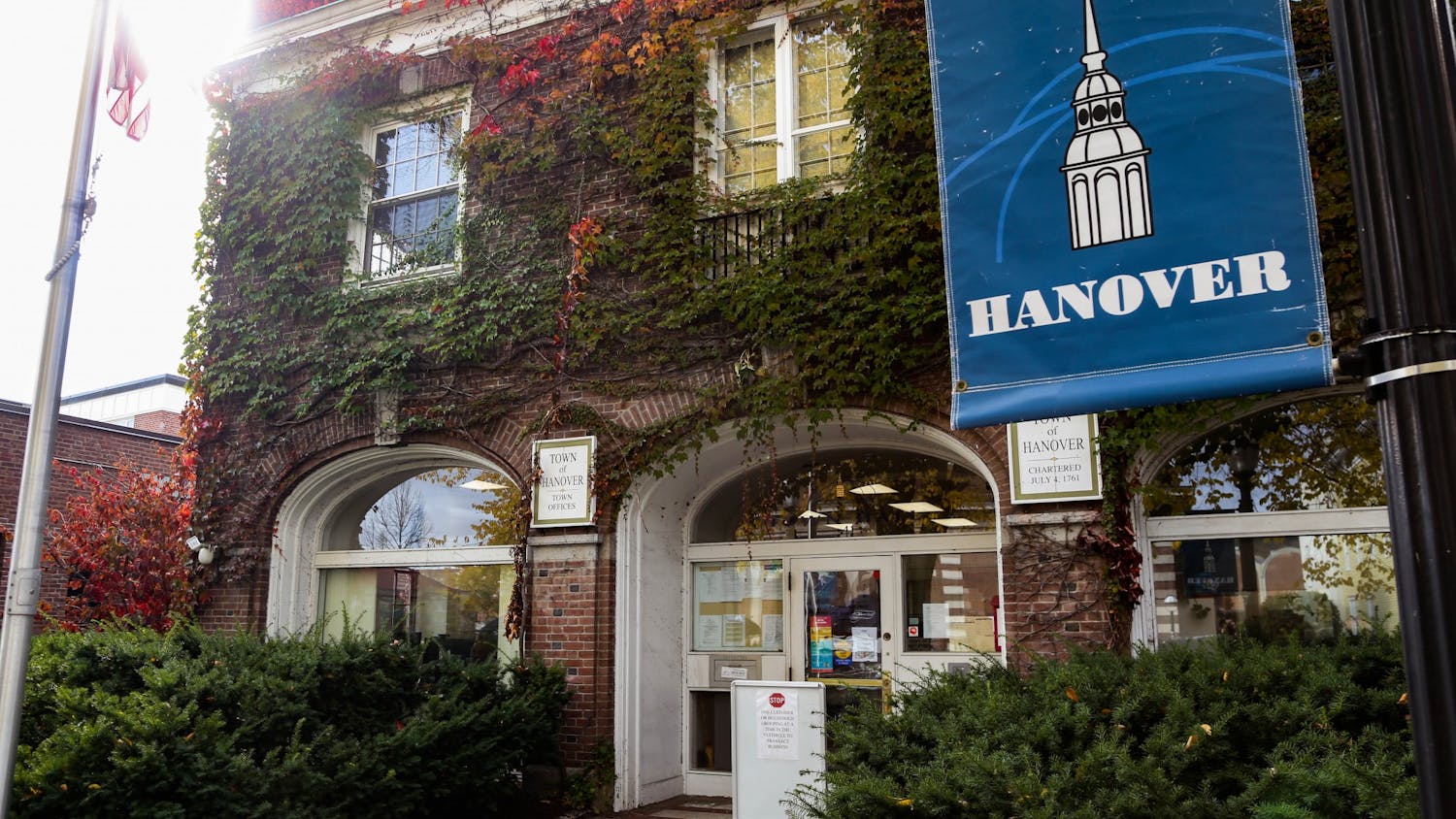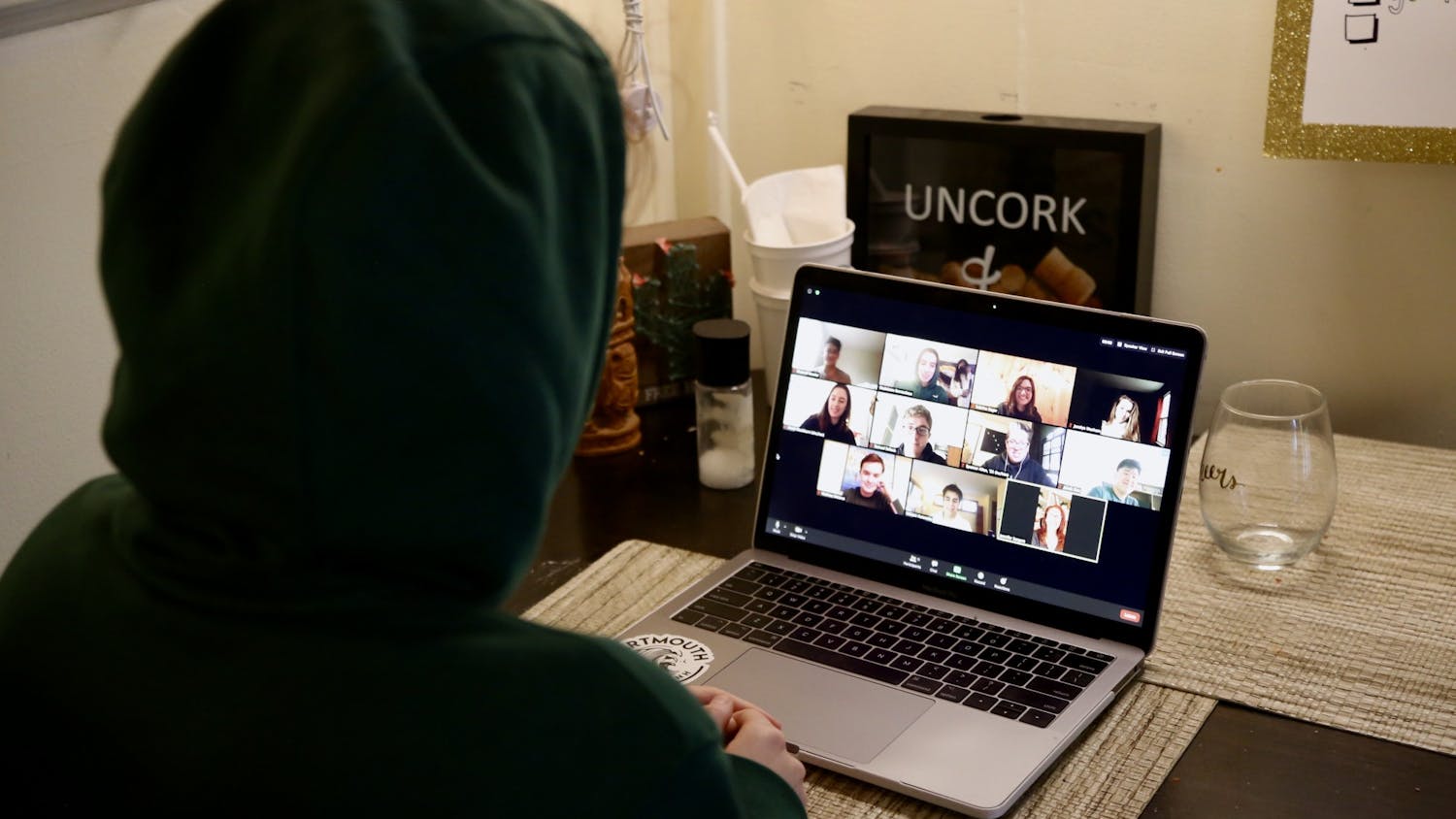COVID-19 has posed challenges for Dartmouth professors with young children, many of whom have been asked to balance working from home and caring for their families.
Earth sciences professor Meredith Kelly and anthropology professor Zaneta Thayer, both parents of young children, said that despite general efforts to assist faculty at this time, child care responsibilities have not been a priority to the College at an institutional level. Instead, it was up to each department to reallocate classes among faculty to better accommodate the schedules of professors with young children. Typically, the College offers the Dartmouth College Child Care Center, known as the D4C, as a daycare option for employees, but it was closed from March through July due to the pandemic.
“To some extent, it has to be [departmental], but it’s just sort of throwing it to the whim of whether that department chair and senior faculty actually care about junior faculty and child care,” Kelly said.
According to department chair of psychological and brain sciences Brad Duchaine, a few faculty members adjusted their course schedules due to concerns over child care, though such changes “[happen] even in normal terms.”
In response to COVID-19, Princeton University introduced a temporary expansion of its Employee Child Care Assistance Program that will pay faculty who face expenses for educating and caring for their children at home. Harvard University offers financial assistance for child care, as well as child care scholarships.
Since the onset of the pandemic, Dartmouth has provided COVID-19 coping resources for employees such as free counseling, mental health webinars and toolkits through the Dartmouth Faculty/Employee Assistance Program.
In particular, F/EAP counselor Sharon Morisi said that F/EAP has started a drop-in parent support group as a way to “begin to address some of the issues people are feeling and experiencing as they are trying to work from home while still coping with children.”
Kelly said that while she appreciates these initiatives, it is often difficult for faculty parents to find time in the day to attend.
Thayer added that Dartmouth’s decision to extend pre-tenure cases for a year came from a good place; however, it may be unfair to faculty who are trying to work and care for children.
“If everybody’s getting an extra year, but some people are actually able to do more things [to prepare for the tenure process] because they don’t have caregiving responsibilities, then it raises the bar of what’s expected and can exacerbate inequities,” Thayer said.
The shortage of daycare options in the Hanover area has also caused difficulties for professors with children below kindergarten.
Kelly’s then five-year-old daughter and two-year-old twin sons were all enrolled in the D4C when it shut down in the spring because of COVID-19. During the time of the D4C’s closure, families were not charged tuition, and virtual resources were offered, though they were not meant as a replacement for care.
“From March until the beginning of September, I had three kids at home full-time — no child care help at all,” Kelly said. “It was really hard. My husband is amazing and was part of it, too. So it wasn’t just on me, but basically, I didn’t get any work done. And I didn’t teach in the spring — I was actually on sabbatical, which is really fortunate, but it means I basically spent a sabbatical term doing child care.”
Professors on sabbatical usually take the time to do additional research and writing.
According to D4C director Sunnie McPhetres, when the D4C reopened for the fall, enrolled families were given the option to return knowing the new COVID-19 rules, hold their slot for half-tuition or return their child to the waitlist for a future date.
“After reopening, there were changes that followed the State of N.H. Reopening Guidelines for Child Care Facilities,” McPhetres wrote in an email, referencing protocols that initially included limiting classroom sizes to 10 children and adults. “… We are sorry that we have not been able to admit more children from [the] waitlist, but the guidelines and staffing prevent enrolling more children at this time.”
Since the fall, new guidelines have allowed the D4C to hold larger groups and enroll more infants. Kelly’s twins returned to the D4C, and her daughter started kindergarten in September, allowing her to teach two classes during fall term.
Other professors have had less luck with finding daycare during the pandemic. The waitlist at the D4C typically takes about a year to get off, according to Kelly.
The daycare at which Thayer had enrolled her two-and-a-half-year-old daughter closed permanently after shutting down in March due to the pandemic. After her daughter was home for six months with no additional help, Thayer finally found a daycare in September that was offered three times a week. Two weeks ago, her daughter resumed going all five weekdays.
According to Thayer, there is an expectation that professors have adjusted to teaching classes and doing research during the pandemic by now, though the challenges of remote work and child care have not gone away.
“I guess [child care] wasn’t necessarily on everyone’s minds still, despite the fact that it was still really impacting my experience anyway on a very day-to-day level,” Thayer said. “... Obviously, it’s great, it’s just hard to do this job and be trying to provide full-time care — they’re both full-time jobs.”
Dean of Faculty Elizabeth Smith could not be reached for comment by press time.
Kristin Chapman ’24 is an English major and Spanish minor from Rye, New York. She currently serves as the editor-in-chief and previously wrote and edited for the News section. In her free time, she enjoys reading books, running, hiking and doing yoga.




